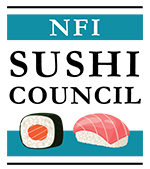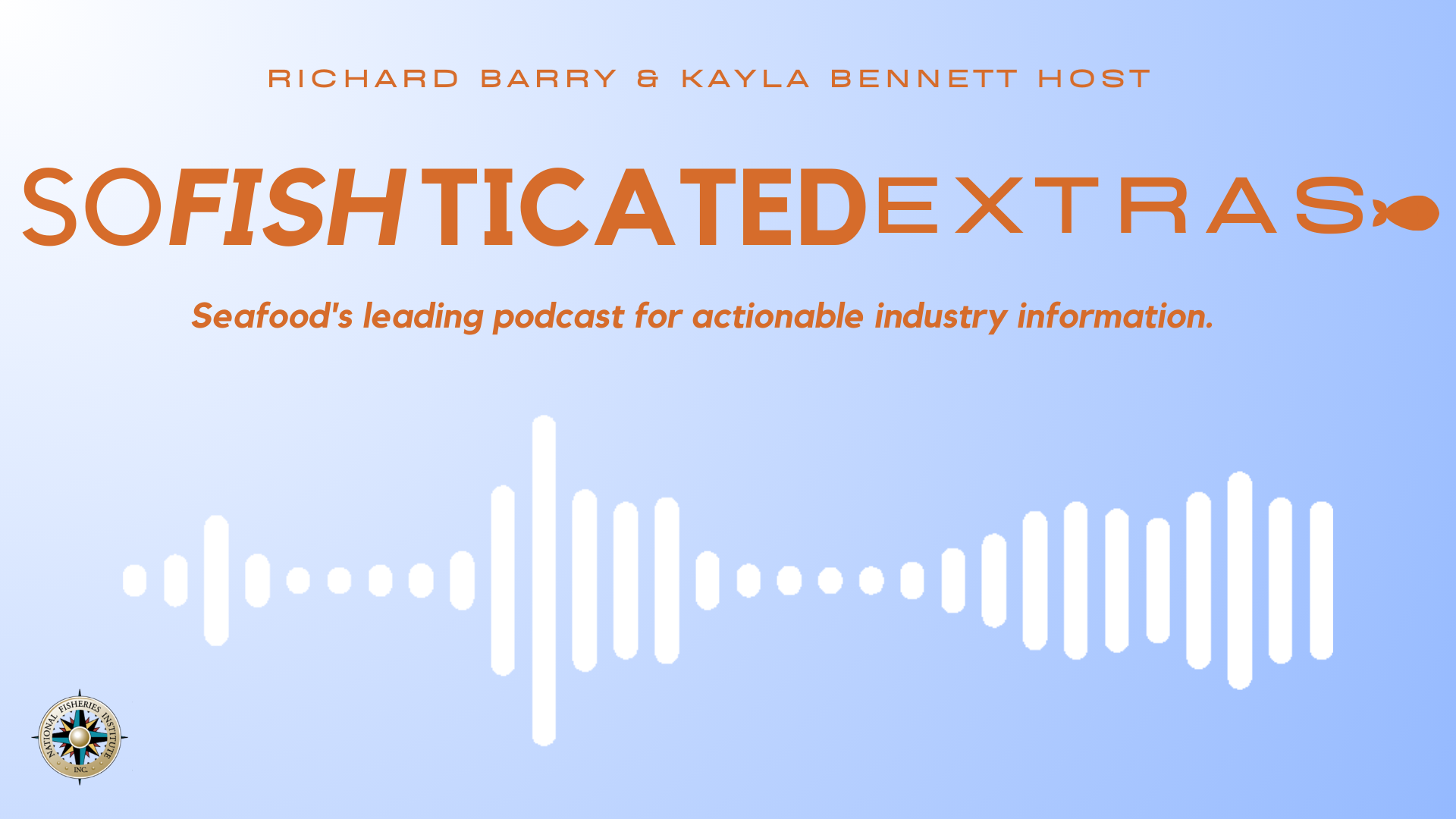Exploiting Labor Challenges for Profit
Labor and labor violations are serious business and should be addressed by those who are serious and have an agenda that is serious. Agitators who seek to profit from the difficulties posed by labor challenges should not simply be ignored but exposed and derided for their parasitic behavior.
Once again we see Greenpeace entering this realm, a realm it is quite comfortable in, as for decades now it has been a non-serious entity accustomed to glomming on to any issue it thinks will help it raise funds to pad its $300,000,000 a year operating budget.
Labor is the latest venue in which we see Greenpeace shaking its donation cup while pedaling rhetoric and hyperbole rather than solutions. The seafood community is working to change supply chain procedures, audit processes and push for effective in-country enforcement while Greenpeace, not involved in any labor related work, is doing what it does best; complain loudly.
Beyond just complaining, Greenpeace is unconscionably promoting false rhetoric. The group claimed Thai Union knew about labor violations in its value chain when it publicly chastised the company. Thai Union has taken swift and aggressive action on labor. Its entire shrimp feed supply chain will be fully audited by a third party in 2016. It has gone from dealing with 200 fish meal vessels to 50, from 20 fish meal factories to 5, (on the fishing side) from 2,000 boats to 800, and it’s announced it will bring all shrimp-processing in-house by the end of the year—all in the name of addressing labor concerns.
Greenpeace is not a serious player in discussions about seafood sustainability or labor but an opportunistic fundraising organization with no actual interest in addressing the challenge.
Shame on those who would abuse laborers and shame on those who would exploit the issue for their own profit.




